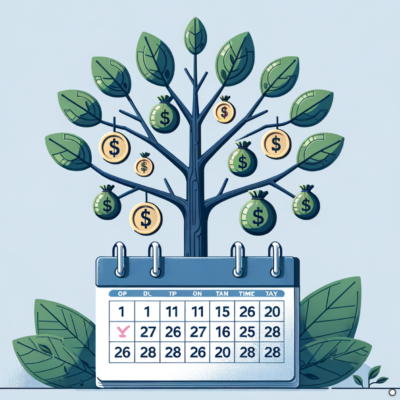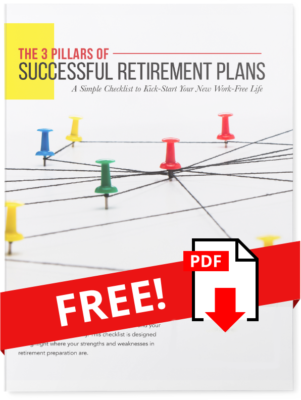
Target-date mutual funds have gained popularity in recent years as a convenient and seemingly straightforward option for retirement investing. However, despite their appeal, there are compelling reasons why investors should carefully consider whether target-date mutual funds align with their financial goals and preferences. In this post, we’ll explore some advantages and drawbacks of target-date mutual funds.
What are Target-date mutual funds?
Target-date mutual funds, also known as lifecycle funds or age-based funds, simplify the investment process for retirement planning. These funds are structured to automatically adjust their investments based on when you plan to retire. The fund’s allocation typically includes a mix of stocks, bonds, and other assets. This mix of asset classes becomes more conservative as the target date approaches.1
For example, if you plan to retire in 2050, you might invest in a target–date fund with a target date of 2050. Initially, the fund will be more heavily invested in stocks, which tend to offer higher potential returns but may also come with higher volatility than other asset classes. As you move closer to retirement, the fund gradually shifts toward a more conservative allocation, with a higher proportion of bonds and cash aimed at reducing risk.
Causes for Concern
At the surface level, target-date mutual funds simplify investing and provide some level of diversification. Despite these potential benefits, there are some potential drawbacks to consider with this type of investment. In our view, these three potential drawbacks make target-date mutual funds a poor investment choice for many investors:
1.) Limited customization: One of the primary drawbacks of target-date mutual funds is their lack of customization. These funds follow a predetermined asset allocation strategy based on a target date that may differ from your actual retirement date. While this approach simplifies investment decisions, these funds do not factor in your unique risk tolerance, financial objectives, or your overall financial picture. If you seek customization and transparency in your investment approach, alternative investment strategies or a diversified portfolio of individual securities may offer a more suitable solution.
2.) Opaque fee structure: Target-date mutual funds often have complex fee structures that may lack transparency. While some funds may boast low expense ratios, there are cases where fees are higher than investors may realize. For example, some funds charge two layers of fees: a management fee and a fund-of-funds management fee. As a result, the investor may incur total fees beyond the underlying mutual funds charge held within the target date fund.2
3.) Increased risk of underperformance: As the name implies, the overriding objective with target-date mutual funds is to shift the fund’s underlying asset allocation over time to a predefined target (e.g., shift from 80% stocks to 20% stocks within 15 years). This objective ignores underlying valuations. As a result, stocks and bonds may be sold at times when prices are depressed to achieve the target, which increases the possibility of less than favorable investment returns.
Other potential drawbacks include a lack of transparency regarding the investments held within the fund. There is also an increased risk of not keeping up with inflation, as this type of investment is typically designed to shift more towards bonds and lower-yield investments as time progresses.
If you have questions about using target-date funds or other types of investments inside your 401(k) or other retirement accounts, please feel free to call us at (713) 850-8900. We would be happy to answer them.
1 – investopedia.com/terms/t/target-date_fund/ [10/02/22]
2 – money.usnews.com/investing/articles/target-date-funds-pros-cons/ [8/15/22]
This material was prepared using third-party resources, and does not necessarily represent the current views of The Goff Financial Group which are subject to change without notice. This information has been derived from sources believed to be accurate. Please note – investing involves risk, and past performance is no guarantee of future results. The publisher is not engaged in rendering tax or legal advice. If assistance is needed, the reader is advised to engage the services of a competent professional. This information should not be construed as financial, investment, tax or legal advice and may not be relied on for the purpose of avoiding any Federal tax penalty. This document is neither a solicitation nor recommendation to purchase or sell any investment or insurance product or service, and should not be relied upon as such. All indices are unmanaged and are not illustrative of any particular investment.

